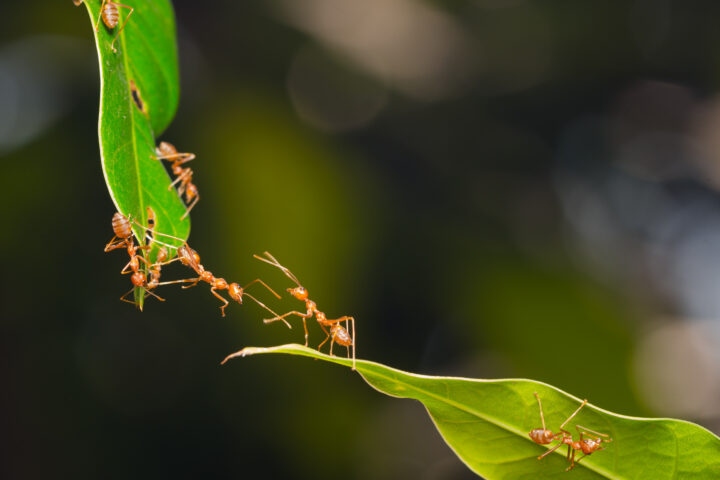
Genome editing: United Kingdom on its way to the top
The British Parliament is planning to pass a law that will provide new legislation for new breeding technologies, such as genome editing. This new legislation will pave the way for Great Britain to become a leading figure in agri-food research.
Tuesday, November 8, 2022
The “AgroPages” online portal reports on the change to the regulation of new breeding technologies in Great Britain. The introduction of a more proportionate and science-based regulatory system for precision breeding will unlock huge opportunities for agriculture. New breeding technologies, such as genome editing, allow crops to be bred that are more resistant to weather extremes and pests and therefore have a reduced need for plant protection products. British scientists are already world leaders in the field of precision breeding. The proposed bill will further strengthen the United Kingdom’s position and increase its attractiveness for research and development investment.
“A crucial time for agriculture”
The bill will allow plants that have been bred with the help of genome editing to be brought onto the market. These are plants that have undergone genetic changes that could also have occurred naturally or been achieved with conventional breeding methods. It does not apply to plants that have had genetic material from a different species inserted into them. The Chief Scientific Adviser of the Department for Environment, Food and Rural Affairs (Defra), Gideon Henderson, told “AgroPages”: “This is an important time for agricultural science. The ability to use gene editing to make precise, targeted changes to the genetic code of organisms, in a way that can mimic traditional breeding, enables development of new crop varieties that are more resistant to pests, healthier to eat, and more resilient to drought and heat as climate changes”.
Heat-resistant wheat
Essentially, genome editing does not do anything that nature could not do. For thousands of years, people have been selecting crops with desirable properties and breeding them further. However, the new breeding methods allow this process to take place much more quickly and more efficiently. The time needed to breed varieties with the desired properties can be reduced to a minimum. This is an enormous advantage, especially in view of the ongoing climate crisis, as time is running out. The change in the law gives us the opportunity to grow a variety of wheat that is more resistant to changing climatic conditions. Researchers at the John Innes Centre in Norwich have used genome editing to identify a key gene in wheat that can be used to introduce traits such as heat resilience whilst maintaining high yield.
Helping to combat food waste
Genome editing can also help to combat food waste by extending the shelf life of food. With the help of genome editing, British biotech company, Tropic, has grown a banana that does not turn brown. As the fruit normally spoils quickly, this will allow the number of bananas wasted to be reduced.
Sources
Related articles

Ant infestation threatens Zurich communities
An invasive ant from the Mediterranean region is spreading rapidly in the canton of Zurich, threatening communities, construction projects, and agriculture. Insecticides could help—but their use remains severely restricted.

Genetic scissors for the future – soon in Switzerland too?
Genome editing is seen as a promising way to make agriculture more sustainable and climate-resilient. But Switzerland is hesitant to approve it. A popular initiative even wants to ban it. But what can CRISPR really do?

Less than 50 percent: How Switzerland is squandering its self-sufficiency
Swiss agriculture is under enormous pressure. Extreme weather conditions, pests and increasingly stringent regulations are putting producers under strain. As a result, self-sufficiency is falling dramatically, especially for plant-based foods. To ensure food security in Switzerland, effective plant protection products are urgently needed.

Only half the truth in the genetic engineering debate
Those who only see the risks remain blind to the opportunities offered by a new technology. Opponents of genetic engineering have presented a new survey on new breeding methods, which reveals some telling gaps.

